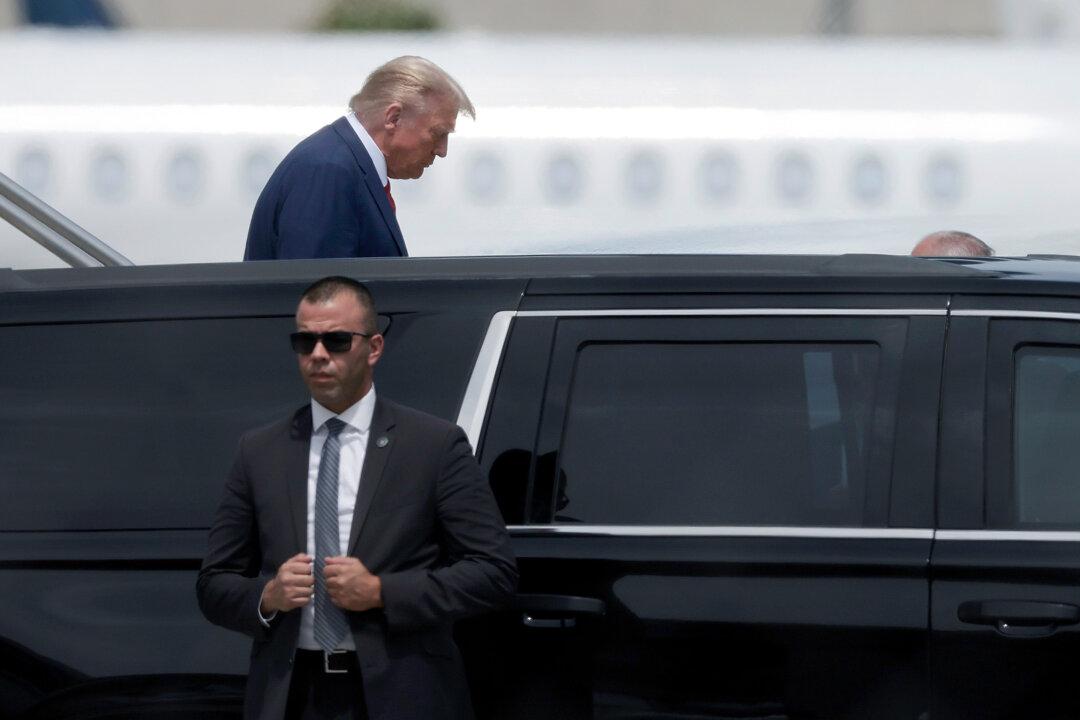Former President Donald Trump plans to plead not guilty to the criminal charges he’s facing.
“I’ll just say not guilty,” Trump said while speaking with radio host Howie Carr on June 12.

Former President Donald Trump plans to plead not guilty to the criminal charges he’s facing.
“I’ll just say not guilty,” Trump said while speaking with radio host Howie Carr on June 12.